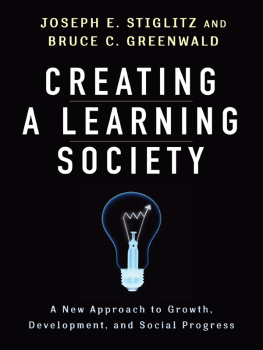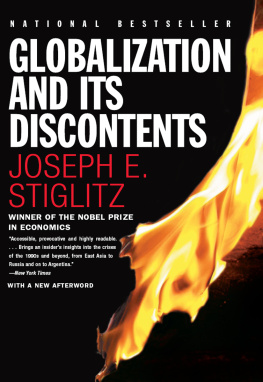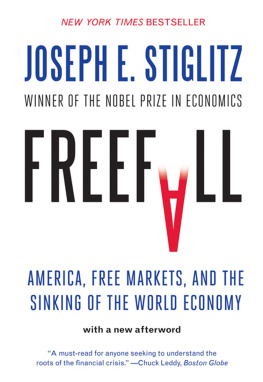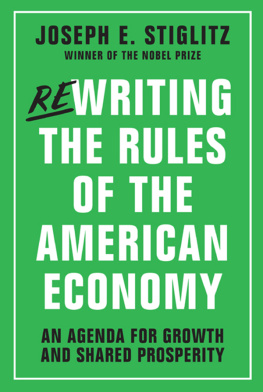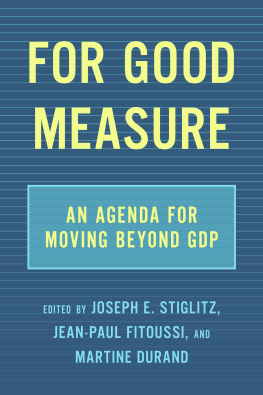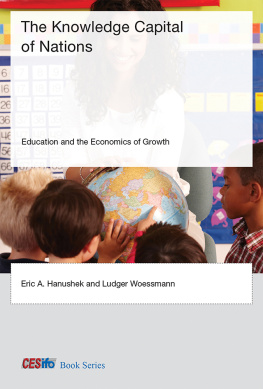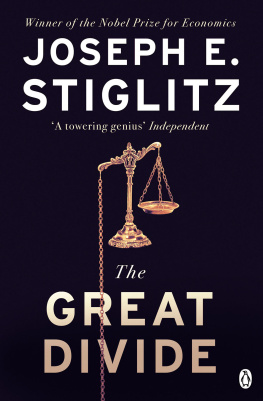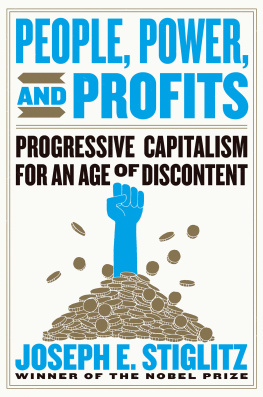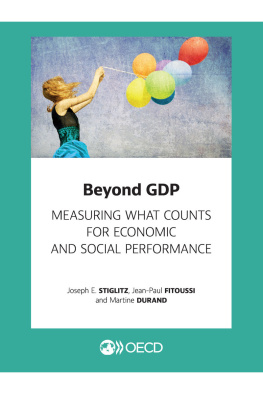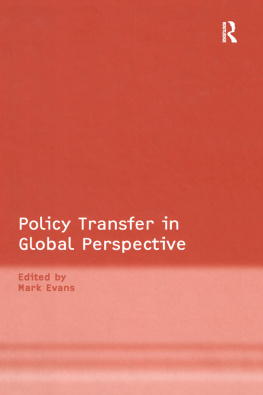Joseph E. Stiglitz - Creating a Learning Society: A New Approach to Growth, Development, and Social Progress
Here you can read online Joseph E. Stiglitz - Creating a Learning Society: A New Approach to Growth, Development, and Social Progress full text of the book (entire story) in english for free. Download pdf and epub, get meaning, cover and reviews about this ebook. year: 2014, publisher: Columbia University Press, genre: Politics. Description of the work, (preface) as well as reviews are available. Best literature library LitArk.com created for fans of good reading and offers a wide selection of genres:
Romance novel
Science fiction
Adventure
Detective
Science
History
Home and family
Prose
Art
Politics
Computer
Non-fiction
Religion
Business
Children
Humor
Choose a favorite category and find really read worthwhile books. Enjoy immersion in the world of imagination, feel the emotions of the characters or learn something new for yourself, make an fascinating discovery.
- Book:Creating a Learning Society: A New Approach to Growth, Development, and Social Progress
- Author:
- Publisher:Columbia University Press
- Genre:
- Year:2014
- Rating:3 / 5
- Favourites:Add to favourites
- Your mark:
Creating a Learning Society: A New Approach to Growth, Development, and Social Progress: summary, description and annotation
We offer to read an annotation, description, summary or preface (depends on what the author of the book "Creating a Learning Society: A New Approach to Growth, Development, and Social Progress" wrote himself). If you haven't found the necessary information about the book — write in the comments, we will try to find it.
It has long been recognized that most standard of living increases are associated with advances in technology, not the accumulation of capital. Yet it has also become clear that what truly separates developed from less developed countries is not just a gap in resources or output but a gap in knowledge. In fact, the pace at which developing countries grow is largely determined by the pace at which they close that gap.
Therefore, how countries learn and become more productive is key to understanding how they grow and develop, especially over the long term. In Creating a Learning Society, Joseph E. Stiglitz and Bruce C. Greenwald spell out the implications of this insight for both economic theory and policy. Taking as a starting point Kenneth J. Arrows 1962 paper Learning by Doing, they explain why the production of knowledge differs from that of other goods and why market economies alone are typically not efficient in the production and transmission of knowledge. Closing knowledge gaps, or helping laggards learn, is central to growth and development.
Combining technical economic analysis with accessible prose, Stiglitz and Greenwald provide new models of endogenous growth, upending the received thinking about global policy and trade regimes. They show how well-designed government trade and industrial policies can help create a learning society; explain how poorly designed intellectual property regimes can retard learning; demonstrate how virtually every government policy has effects, both positive and negative, on learning; and they argue that policymakers need to be cognizant of these effects. They provocatively show why many standard policy prescriptions, especially associated with neoliberal doctrines focusing on static resource allocations, impede learning and explain why free trade may lead to stagnation, while broad based industrial protection and exchange rate interventions may bring benefits, not just to the industrial sector, but to the entire economy.
The volume concludes with brief commentaries from Philippe Aghion and Michael Woodford, as well as from Nobel Laureates Kenneth J. Arrow and Robert M. Solow.
Joseph E. Stiglitz: author's other books
Who wrote Creating a Learning Society: A New Approach to Growth, Development, and Social Progress? Find out the surname, the name of the author of the book and a list of all author's works by series.

